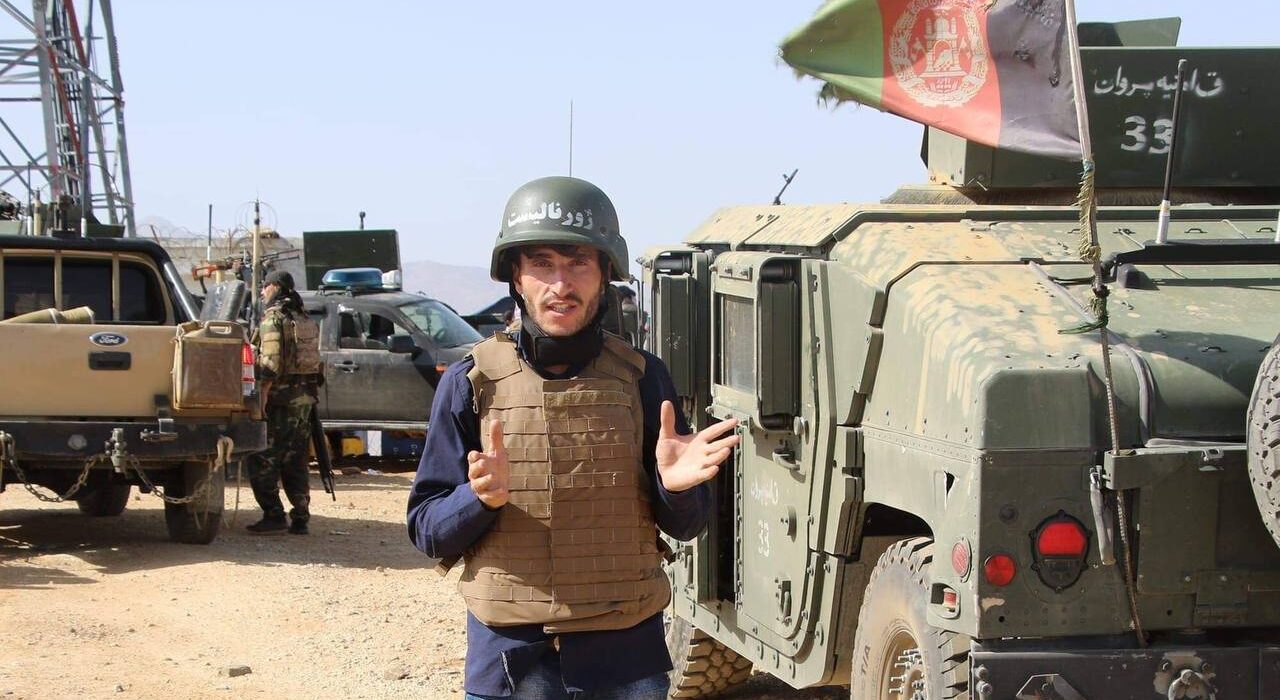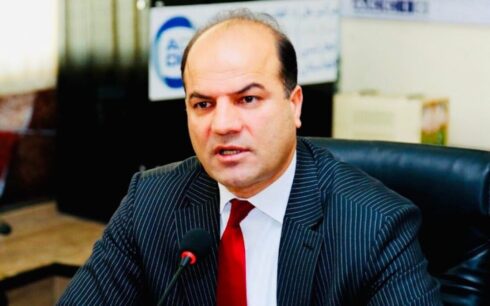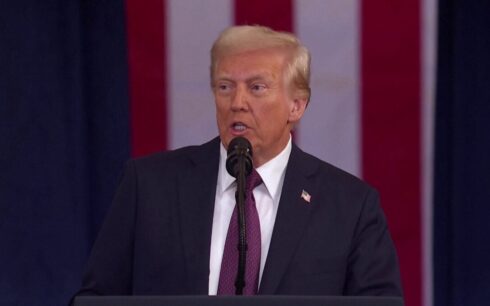Every November 2 the world marks the International Day to End Impunity for Crimes Against Journalists. This year, it is especially important to keep Afghan journalists in mind.
Over the last 20 years, Afghanistan’s community of brave journalists, mostly men and women in their 20s and 30s, has been hit very hard. They were the target of attacks and intimidation from all sides of the conflict.
Since 2001, we have lost more than 100 journalists and media professionals in Afghanistan, including several of my own colleagues and close friends. Some of these killings were claimed by groups like the Taliban and ISIS. Dozens of others went unclaimed and without proper investigation by authorities at the time.
All of this made my country one of the deadliest places for journalists, but still, young Afghans persisted. They accepted the dangers and continued to build what was one of the freest media environments in the region at the time.
But what Afghan journalists are going through under the Taliban is on an entirely different level.
In the lead-up to the Taliban’s return to power last August, the targeted killings of journalists soared. Few, if any, of these instances were properly investigated or resulted in punishment for clearly identified perpetrators. These killings made it crystal-clear that no party in Afghanistan saw journalists as their allies.
Since the Taliban took over Kabul, the dangers have not subsided.
The United Nations alone has recorded at least 200 cases of arrest, torture, harassment, and intimidation of journalists in Afghanistan over the last year. I believe the actual number is much higher. The truth is many journalists have chosen to quit the profession due to fear of harassment and of abuse by the Taliban and the dramatic decrease in financial assistance to local media. Those who continue to work are practicing increasing self-censorship, in an effort to not upset the Taliban.
Earlier this year, an officer of the Taliban’s intelligence service, the General Directorate of Intelligence, raided the newsroom of a major broadcaster one evening because he was unhappy with the outlet’s coverage of a story. The angry intelligence officer demanded the News Editor return to the office immediately or ‘the entire newsroom would be filled with blood.’
This was not the first nor the last time the News Editor had to deal with such a situation. For months, they tried to put up with the threats and intimidation, including multiple instances of arrests and questioning, but it finally became too much to bear. After months of trying to continue in their work, the News Editor finally gave up and sought refuge in Europe. His decades-long career in journalism had come to an unceremonious end due to the Taliban’s hostility.
Facts are compromised. Truth is compromised. Democracy has been hit hard but has not completely died
Op-ed on International Day to End Impunity for Crime Against Journalists
From day one, the Taliban have made it clear that they see Afghan journalists and female activists as their public enemy number one. They have denied them their fundamental rights from the start, even when they were trying to cover innocuous, non-political stories.
On several occasions, Afghan female journalists have been denied entry into Taliban-held press conferences. Journalists have been prevented from covering protests (by violence and aerial shootings) and security incidents. In the Northern province of Kunduz, journalists say they have to get the approval of the Taliban for their story ideas and again before broadcast.
The Taliban’s treatment of journalists in Afghanistan is not only disappointing, it is deeply ironic. For years, they benefited from an independent media. The former Western-backed Islamic Republic often tried to intimidate and threaten Afghan journalists over coverage of the Taliban, but the journalists persisted, believing that all sides of a conflict deserved to be covered and heard.
However, now that the Taliban is back in power, they are putting up a very different face towards Afghan journalists.
A once vibrant media scene, made up of nearly 10,000 journalists and media workers, is melting under increasing pressure and hostility. The pressures on Afghan journalists are increasing as the world is preoccupied with other crises and disengaging from Afghanistan. Facts are compromised. Truth is compromised. Democracy has been hit hard but has not completely died.
Despite these restrictions, the Afghan media – inside and outside the country – is not giving up. Afghan journalists are doing what they can to try and continue their work in this trying time.
Last spring, the Taliban issued an edict that all female Television journalists must cover their faces while on TV. The ruling was a clear effort to try to scare young Afghan women away from the media, but it did the opposite. It only increased the resolve of female journalists, and their male colleagues.
In the initial days after the ruling, male Television journalists also donned masks while presenting the news. It was a sign of defiance that would have been unthinkable during the Taliban’s initial rule in the 1990s. Even when the men eventually removed their masks, female journalists refused to be pushed out, and continued to appear on Television, reading the news, hosting chat shows and even interviewing the Taliban and their ideological supporters. If it meant continuing to do their job, they would put up with the mask rule, but they would not be silenced or be made to disappear completely. Their mouths may be hidden, but they will not allow their voices to be silenced.
A recent survey indicates that two-thirds of the Afghan people still consider media as their primary source for news and information. An overwhelming majority, according to the same study, support a democratic system.
The Afghan journalists and people are not giving up and so should not the world.
We know that Afghanistan was no paradise before the return of the Taliban to power either, but we did have more freedom to try to hold power to account, even if that came at great personal cost.
The United Nations has called on governments to end impunity for crime against journalists, but, in our case, I’m sure we are not alone, governments are the main part of the problem.
Op-ed on International Day to End Impunity for Crime Against Journalists
It is a positive development that journalists have not been killed while on duty over the past year, but let’s not forget that the Taliban were responsible for some of the biggest attacks that resulted in the deaths of journalists. Also, it could simply come down to the fact that many journalists are not allowed to carry out their duties.
The United Nations has called on governments to end impunity for crimes against journalists, but, in our case, I’m sure we are not alone, governments are the main part of the problem.
We all say that the culture of impunity and gagging of journalists must end, but I wanted to offer some ideas that I believe will help the situation of journalists in Afghanistan:
1. Safety and freedom of Afghan journalists, including female journalists, have to be a key item on the agenda for diplomatic engagement with the Taliban
2. The international community must identify and punish individuals, according to international law, in Afghanistan who have turned guns on defenseless journalists of Afghanistan
3. The UN must establish a task force, including Afghan journalists, to monitor the situation and provide support in the hour of need
4. There has to be a swift mechanism in place to relocate Afghan journalists at high-risk
5. The international community should work with Afghan journalists to enable them to keep reporting on Afghanistan for the sake of not only Afghans, but the world.
No one but the Taliban benefited from the media blackout and isolation of Afghanistan in the 1990s, and no one benefits from it now.
Democracies should note, as the UN Secretary General Antonio Guterres said, that a surge in disinformation, hate speech, harassment against female journalists threaten not only the journalists, but the whole society.
We have lost more than 70 journalists worldwide this year. The war against journalists must end.





